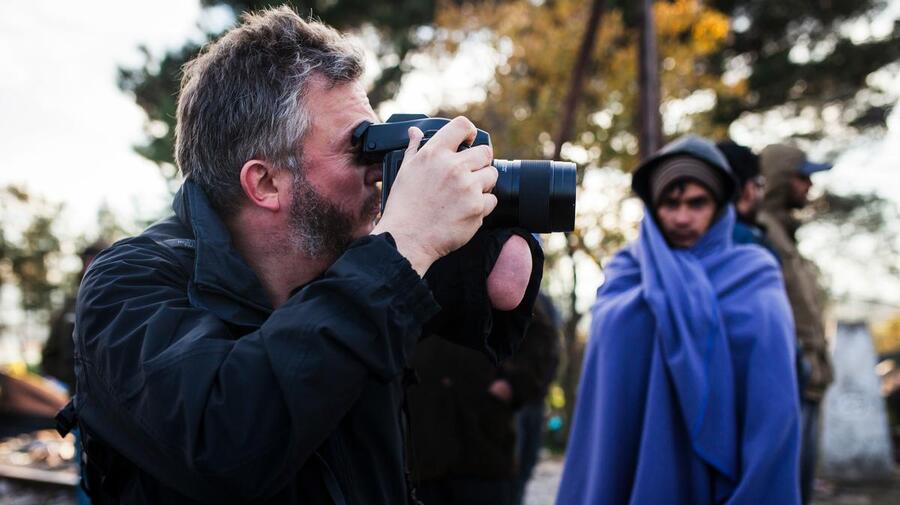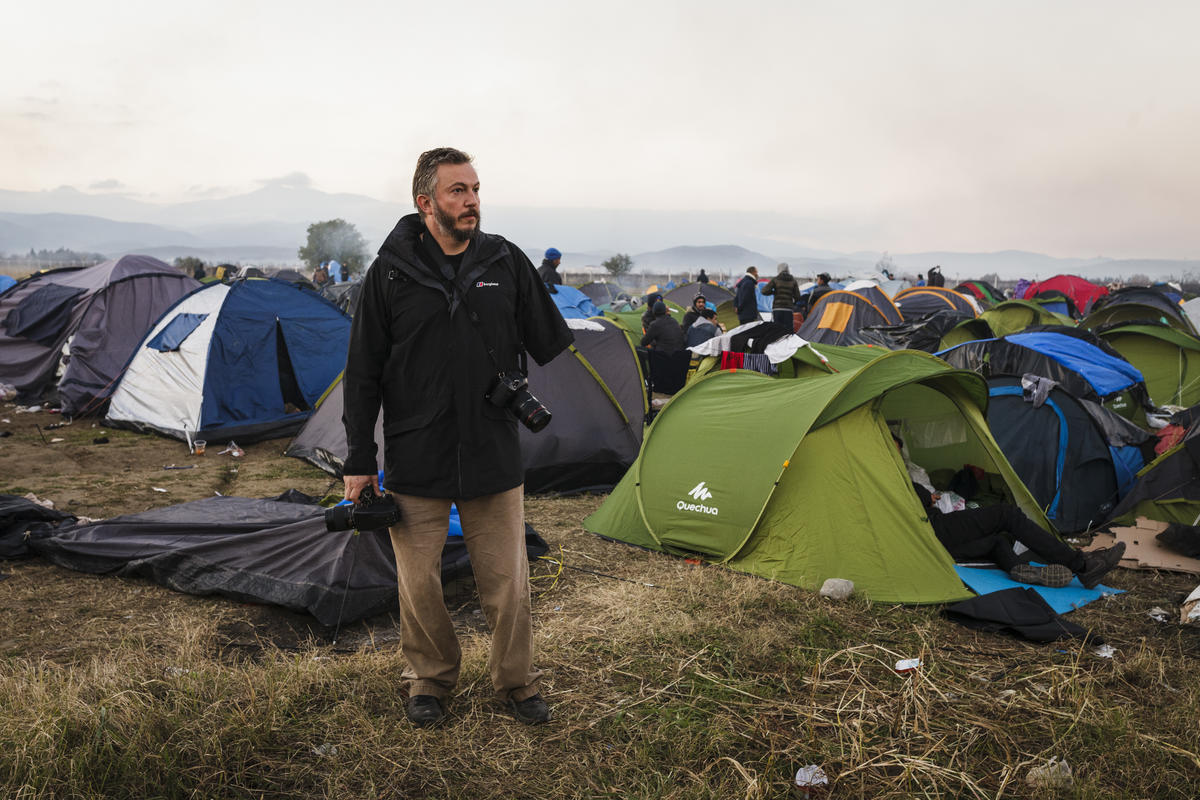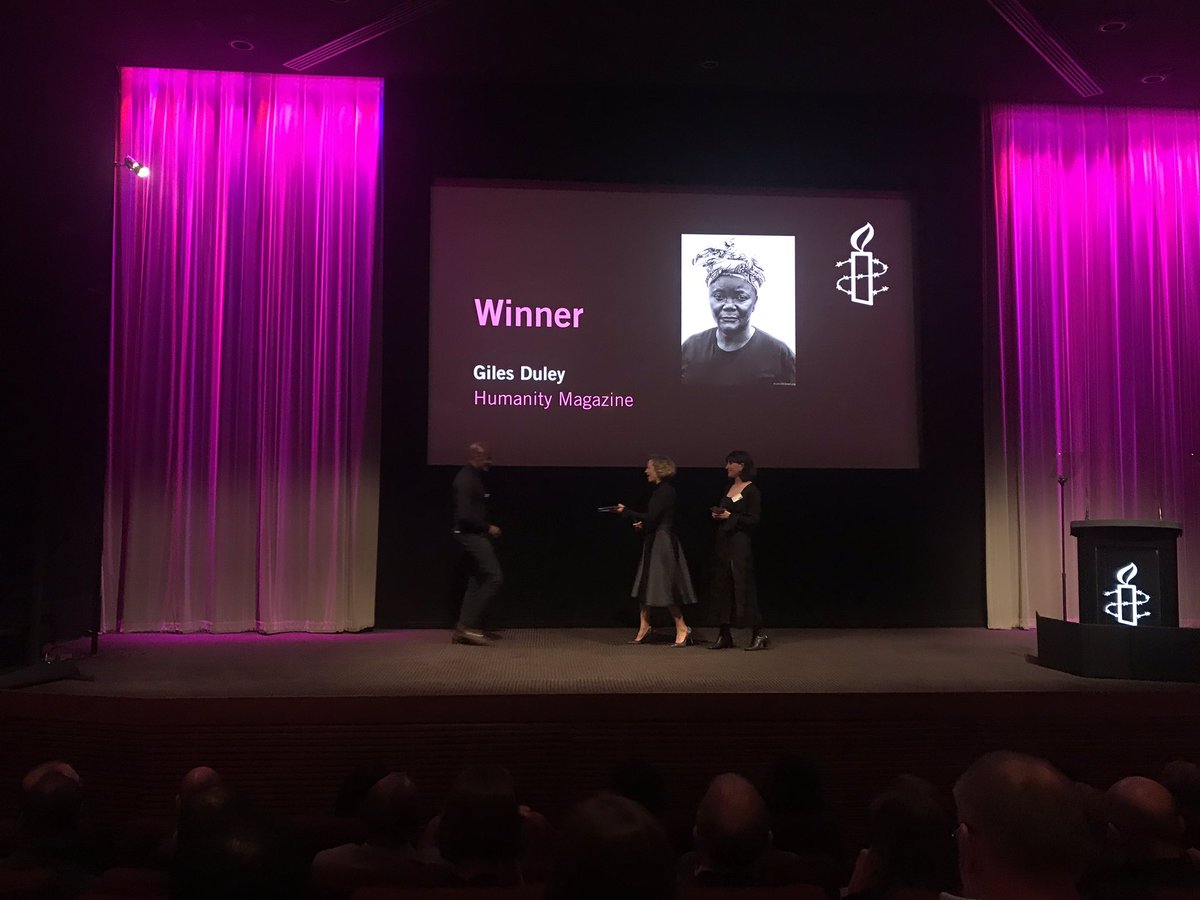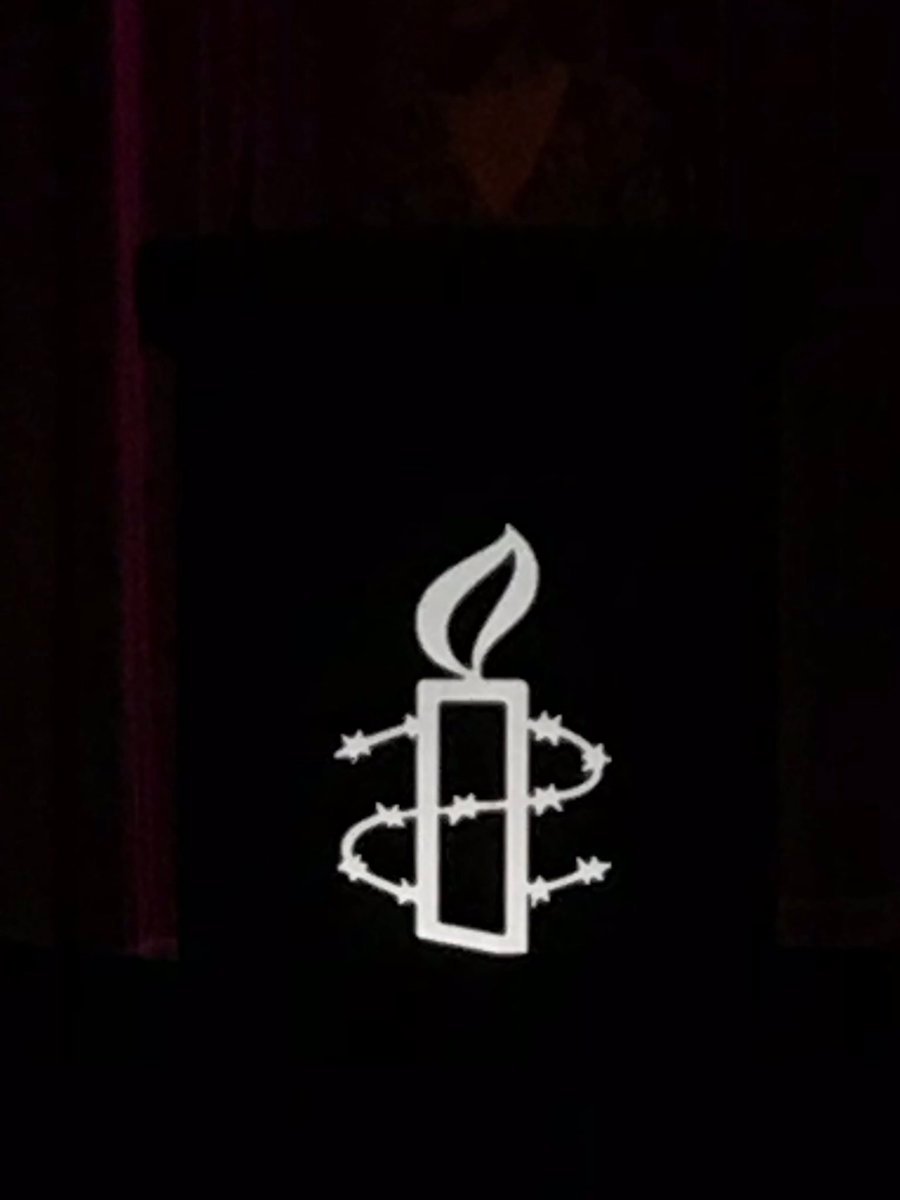UNHCR photographer's essay on Congolese women refugees wins prestigious award
UNHCR photographer's essay on Congolese women refugees wins prestigious award

Giles Duley, on assignment for UNHCR, photographs refugees and migrants in Greece in 2016.
LONDON – Humanitarian photographer Giles Duley won a prestigious Amnesty International Media Award for his powerful series depicting the plight and resilience of Congolese female refugees in Angola at the annual ceremony in London on Wednesday evening (April 3).
His powerful photo essay, “We Are Here Because We Are Strong”, was commissioned by UNHCR, the UN Refugee Agency, and published in Humanity magazine.
Duley is a longtime collaborator with UNHCR and his previous projects for the agency include documenting the arrival of Syrian refugees in Greece in 2015. He has since established his own foundation, Legacy of War, which aims to empower communities and individuals to rebuild their lives after conflict.
"I really appreciate working with the UNHCR, who commissioned me for this project. They have always given me the luxury of creative freedom. Their trust in my work over the years has enabled me to grow as a photographer and storyteller," Duley said on receiving the news of his award while on an anti-landmine assignment in Vietnam.
“We danced, we ate and we made portraits."
Duley’s black-and-white portraits are stark, capturing the pain of the women’s ordeal, as well as the inner reserves that they somehow found. They serve as a reminder of the appalling sexual abuse of women in conflicts around the world. In a UNHCR settlement in Lóvua, where the photos were taken, 75 per cent of the Congolese refugees are women and children.
The subjects of his project were forced to flee the Kasai region of Democratic Republic of the Congo after violence erupted in March 2017, triggering massive displacement; over 34,000 refugees also fled to Lunda Norte Province, in north-east Angola, where they found support from UNHCR and partners.
“Many of the refugees were women and children, who recounted harrowing stories of abuse in flight. “Refugees were arriving in terrible condition, some with machete injuries, many hungry, exhausted and traumatized,” said Philippa Candler, UNHCR's Representative in Angola.

The photographer was struck by the generosity of spirit that the women displayed. “We danced, we ate and we made portraits. It was truly the most memorable photo shoot of my life,” he said. “Resilience is a word used too easily, but with Aunty Rose and Mimi, and later, all the women I met in the camp, I found its true meaning.”
The Amnesty awards celebrate excellence in human rights journalism and applaud the courage and determination of journalists and editors who put their lives on the line to tell important human rights stories. The ceremony was held late Wednesday at the BAFTA centre in central London.

Giles Duley seen in an informal camp set up by refugees and migrants, near the Idomeni transit station, while waiting to cross from Greece in to the Former Yugoslav Republic of Macedonia.
Duley's agent, Edson Williams, accepted the award on his behalf. Williams thanked UNHCR for giving Duley, who subsequently raised $100,000 to support the women, the opportunity to highlight the issue. “Giles would give this award to the women,” Williams said.
Among the other winners were Wa Lone and Kyaw Soe Oo, Reuters reporters jailed in Myanmar on charges of breaking the Official Secrets Act. They worked on a ground-breaking investigation into the killing of 10 Rohingya Muslim men and boys by security forces and Buddhist civilians in Rakhine State during a crackdown from August 2017.



